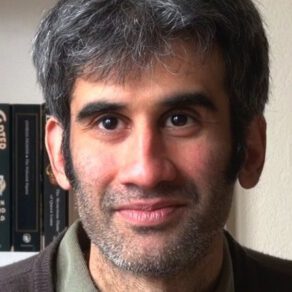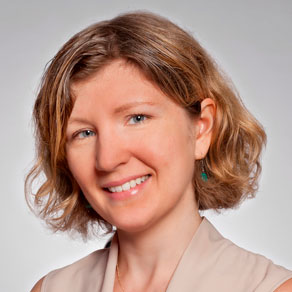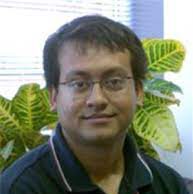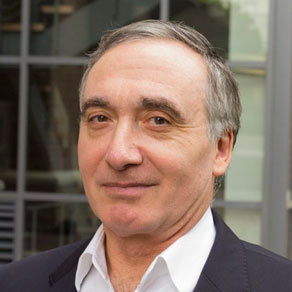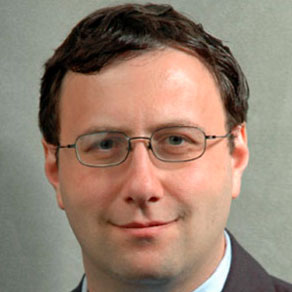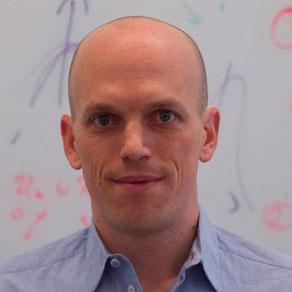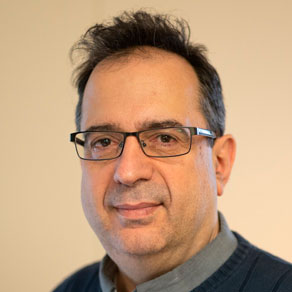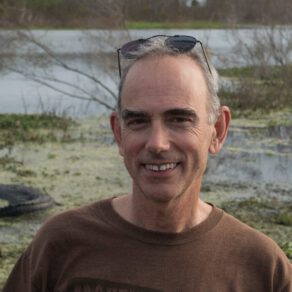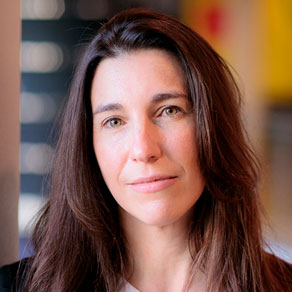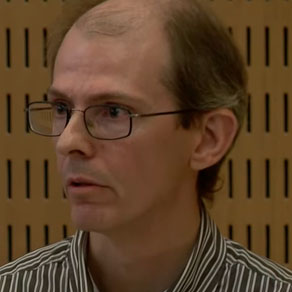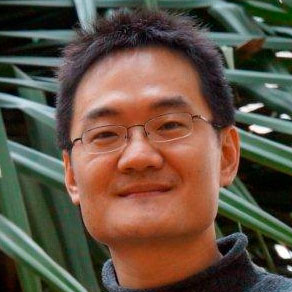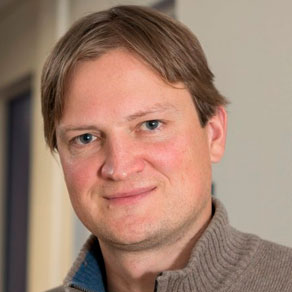
Alexandre Tkatchenko
[introductory/intermediate] Machine Learning for Physics and Chemistry
Summary
This lecture will cover the huge advances (as well as many remaining challenges) of applying (deep) machine learning methods for solving problems in chemistry and physics. In particular, I will discuss different ways to combine prior domain knowledge with the high flexibility of nonlinear ML methods. Specific examples will include applications of ML for chemical discovery and for accelerating molecular simulations.
Syllabus
- Difference and similarities between natural sciences and ML
- Invariances, conservation laws and how to incorporate them into ML
- Shallow and deep ML for chemistry and physics
- Applications to chemical discovery and molecular simulations
References
https://pubs.acs.org/doi/abs/10.1021/acs.chemrev.0c01111
https://pubs.acs.org/doi/10.1021/acs.chemrev.1c00107
https://pubs.acs.org/doi/abs/10.1021/acs.jpclett.9b03664
https://www.nature.com/articles/s41586-018-0337-2
https://journals.aps.org/rmp/abstract/10.1103/RevModPhys.91.045002
https://www.annualreviews.org/doi/abs/10.1146/annurev-physchem-042018-052331
Pre-requisites
Addressed to professionals, researchers and students who want to understand and apply deep learning techniques to chemical and physical sciences. A basic understanding or interest in physics or chemistry is beneficial.
Short bio
Alexandre Tkatchenko is a professor at the Department of Physics and Materials Science at the University of Luxembourg. He holds a bachelor degree in computer science and a PhD in physical chemistry. His group develops accurate and efficient computational models based on quantum mechanics and machine learning to study a wide range of complex materials, aiming at qualitative understanding and quantitative prediction of their structural, cohesive, electronic, and optical properties at the atomic scale and beyond. Tkatchenko has delivered more than 300 invited talks, seminars and colloquia worldwide, published 180 articles in prestigious journals (h-index of 71 with more than 25,000 citations; Top 1% ISI highly cited researcher in 2018-2021), and serves on the editorial boards of Science Advances, Physical Review Letters, and the Journal of Physical Chemistry Letters. Tkatchenko has received a number of awards, including APS Fellow from the American Physical Society, Gerhard Ertl Young Investigator Award of the German Physical Society, Dirac Medal from the World Association of Theoretical and Computational Chemists (WATOC), van der Waals prize of ICNI-2021, and three flagship grants from the European Research Council: a Starting Grant in 2011, a Consolidator Grant in 2017, and Proof-of-Concept Grant in 2020.

